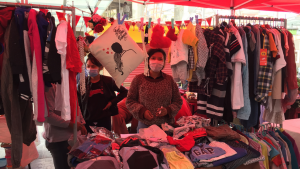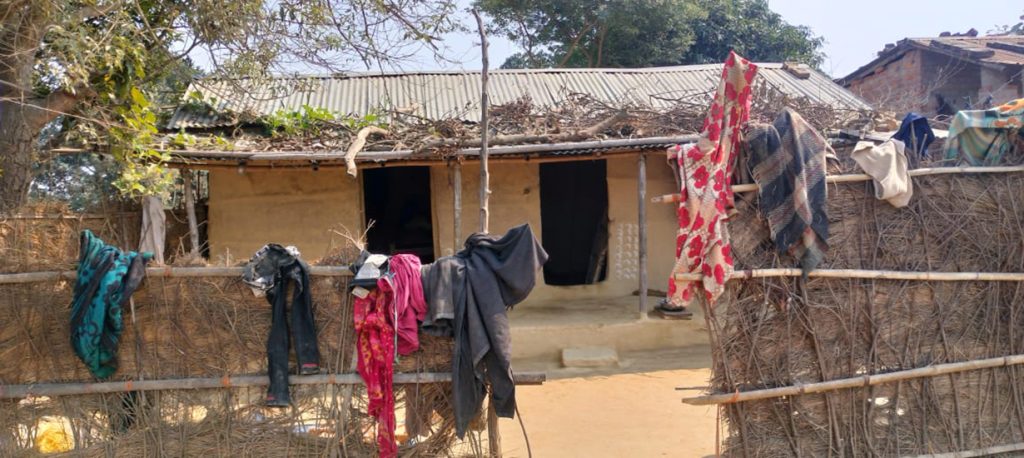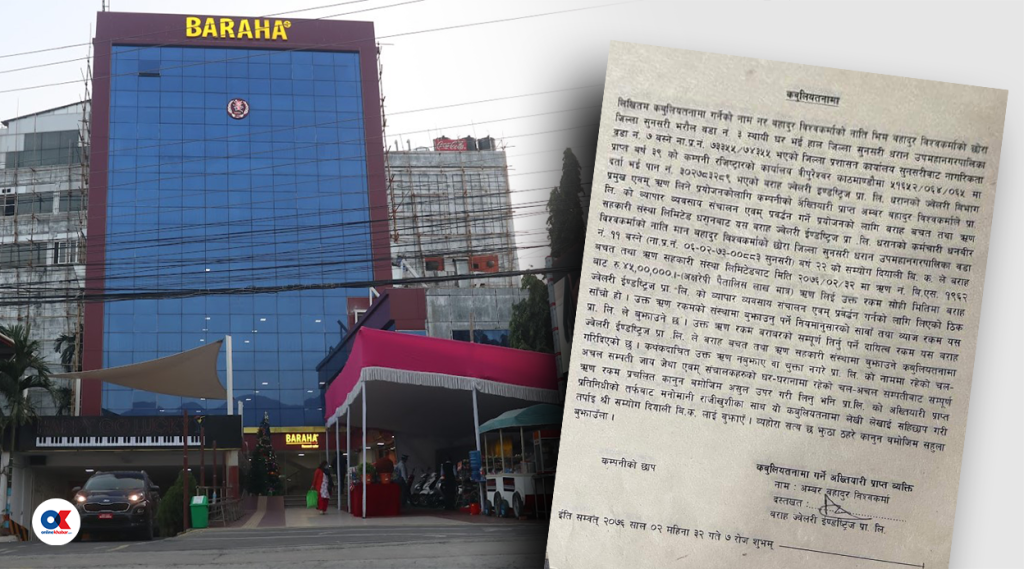
Fast fashion has become a dominant force in the global apparel industry, offering trendy, low-cost clothing that is designed to be replaced frequently. While it caters to consumer desires for affordability and variety, the true cost of fast fashion is far greater than its price tags suggest.
This industry is responsible for severe environmental degradation, human rights violations, and economic disparities. By exploring these issues in detail and considering sustainable alternatives, we can better understand the urgent need for change. The environmental consequences of fast fashion are staggering.
The production and disposal of clothing are among the most resource-intensive and polluting processes in the world. For instance, it takes approximately 2,700 litres of water to produce a single cotton T-shirt—enough water for one person to drink for 2.5 years. The textile industry is also a leading contributor to global water pollution.

Factories discharge untreated wastewater filled with toxic dyes and chemicals into rivers and oceans, causing severe harm to aquatic ecosystems and contaminating local water supplies. Another major issue is the reliance on synthetic materials like polyester, which are derived from fossil fuels.
These materials shed microplastics during washing, contributing to ocean pollution and entering the food chain. Moreover, the carbon footprint of the fast fashion industry is immense, accounting for an estimated 10% of global greenhouse gas emissions, more than international flights and maritime shipping combined.
With millions of tons of clothing ending up in landfills each year, the industry’s “throwaway culture” exacerbates the problem, as synthetic garments can take decades or even centuries to decompose.
The fast fashion industry’s demand for cheap labour has led to widespread exploitation of workers, particularly in developing countries. Many garment workers endure harsh conditions, working long hours in poorly ventilated factories for wages far below a living standard.
For example, in Bangladesh, one of the world’s largest garment exporters, the minimum wage for workers is less than $100 per month, despite the rising cost of living. For this cheap labour, Nepali people are tricked in the guise of better employment opportunities or trafficked to foreign countries only for them to work in inhumane conditions just for them to earn below the minimum wage.
The human cost of fast fashion
Unsafe working conditions have also resulted in tragic incidents. The 2013 Rana Plaza collapse in Bangladesh, which killed over 1,100 workers, highlighted the dire consequences of neglecting worker safety.
Despite international outrage, many brands continue to prioritise profit margins over ethical practices, perpetuating a cycle of exploitation. Fast fashion’s impact extends to global economies, creating a paradoxical mix of benefits and harms.
While the industry employs millions in developing nations, it also fosters economic dependency on low-wage jobs with little opportunity for advancement. In developed countries, the rapid turnover of trends drives consumer spending but also leads to financial strain as individuals are encouraged to update their wardrobes constantly.
Additionally, the focus on cheap, disposable clothing undermines traditional craftsmanship and local textile industries. Artisanal practices that prioritise quality and durability struggle to compete with mass-produced goods, leading to a loss of cultural heritage and economic diversity.

Addressing the challenges posed by fast fashion requires a multi-faceted approach involving consumers, brands, and policymakers. Consumers play a crucial role in driving change. By choosing to buy fewer, high-quality garments, individuals can reduce waste and support brands that prioritise sustainability.
Embracing secondhand and vintage shopping, as well as clothing rental services, can further minimise the environmental impact. In Nepal, the thrifting industry is booming as there is a rapid rise of sellers online who sell their used clothes, which are just as new and help reduce textile waste.
The path to a sustainable fashion future
Educating oneself about the practices of different brands and making informed purchasing decisions can amplify demand for ethical and eco-friendly options. Brands must take responsibility for their environmental and social impact by adopting sustainable practices.
This includes using organic and recycled materials, implementing transparent supply chains, and ensuring fair wages and safe working conditions for all employees. Companies like Hathi Hathi and Kolpa have set examples by prioritising sustainability and ethical production, proving that profitability and responsibility can coexist.
Governments and international organisations have a vital role in regulating the fast fashion industry. Policies that enforce stricter labour laws, limit environmental pollution, and incentivise sustainable practices can drive systemic change.
For example, the European Union’s recent mandatory due diligence directive proposal aims to hold companies accountable for human rights and environmental violations in their supply chains. Fast fashion’s true cost extends far beyond the price we pay at the register. Its environmental toll, exploitation of workers, and disruption of economies demand urgent attention and action.

By adopting sustainable practices, holding brands accountable, and making informed choices as consumers, we can begin to address these pressing issues. Together, we have the power to shift the industry toward a model that values people, the planet, and long-term sustainability over short-term profit. It is time to reconsider our relationship with fashion and embrace a more ethical and responsible approach to what we wear.






















